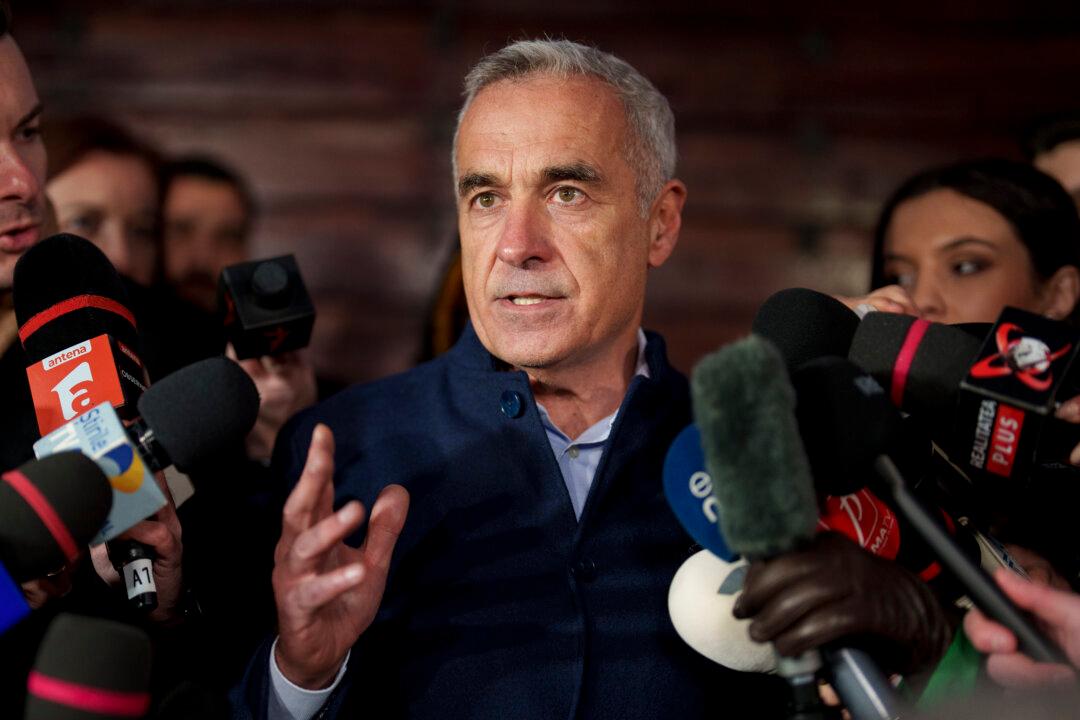The European Court of Human Rights (ECHR) on Tuesday said it won’t reinstate the first round of Romania’s presidential election, which had been voided over allegations of Russian interference via TikTok.
The November 2024 election saw a surprise victory for independent candidate Călin Georgescu, who outperformed several better-funded and more established rivals, including Prime Minister Marcel Ciolacu of the long-dominant Social Democratic Party.





